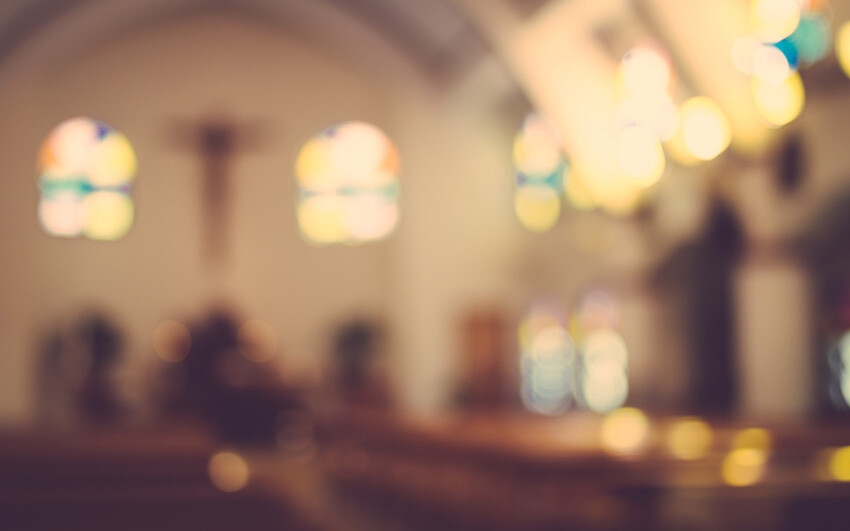Church should be a sanctuary for difficult conversations
By Kristopher Norris & Mike McCurry
Special to UMConnection

This was some summer of discontent. We witnessed many divisions in our politics and culture spilling into the streets in marches and protests, and most vividly in the violence in Charlottesville. We see in data increasing evidence that our polarization as a society is growing wider; the cleavages in our public discourse becoming deeper.
When large segments of our country view those who disagree as “enemies” and when our social networks consist only of those with whom we already agree, there is little basis for the kind of spirited dialogue that can build consensus and make progress on the difficult issues before us. Questions abound about the federal budget deficit, immigration reform, climate change, criminal justice reform, and the role of the US in the world; yet they linger unattended when there is no “safe sanctuary” for honest debate.
We firmly believe the church must be a destination for these conversations. We know that many pastors and lay leaders would prefer to keep politics out of the church. After all, we believe in “separation of church and state,” right? While the Constitution ensures no establishment of religion, we know that our history is replete with examples of faith leaders taking important and impressive roles in leading towards positive change.
Now is a time such as this. While most congregations have become homogenous echo chambers for our political proclivities, church leaders might begin by raising these difficult issues for
Why not provoke real discussion, with an openness to having our minds changed by the Spirit through these encounters? We might just discover common ground, and seek ways to organize together for real change to our policies. Gently guiding these debates
We do this through our National Capital Semester for Seminarians (NCSS), which brings students from seminaries around the country to Washington for an academic immersion in “public theology.” Students learn from leaders of faith-based organizations, elected officials, and government workers who consider their faith to be an integral part of their work. We are non-partisan in our approach so students are exposed to multiple views. And while we are passionately Christian, we are also compassionately multi-faith at a time when we need
We also do this through courses that touch on specific issues, such as religious freedom or religion and the American presidency. One example this semester is a new course on “Church, Politics, and Race in a Polarized Society.” While issues of racism have emerged at the forefront of our national consciousness, this class will examine the ways racism is deeply woven with our politics, theology, and church history, as well as explore ways churches might bridge these divides and work for a common good.
Wesley Seminary is committed to making a difference here in Washington. That is our calling as an institution of theological education in the capital of this nation, but it is also something we have come to understand as critical if the church is going to shape our national political discourse in faithful, just, and merciful ways.
Rev. Dr. Kristopher Norris and Mr. Mike McCurry are co-directors of the National Capital Semester for Seminarians and teach as part of the Center for Public Theology at Wesley Theological Seminary. McCurry is also former White House Press Secretary to President Bill Clinton and was a delegate to the 2004 and 2008 General Conferences of the UMC from the Baltimore-Washington Conference. More information is available at wesleyseminary.edu.

I agree that the church has neglected the subject and we need to intentionally address it.